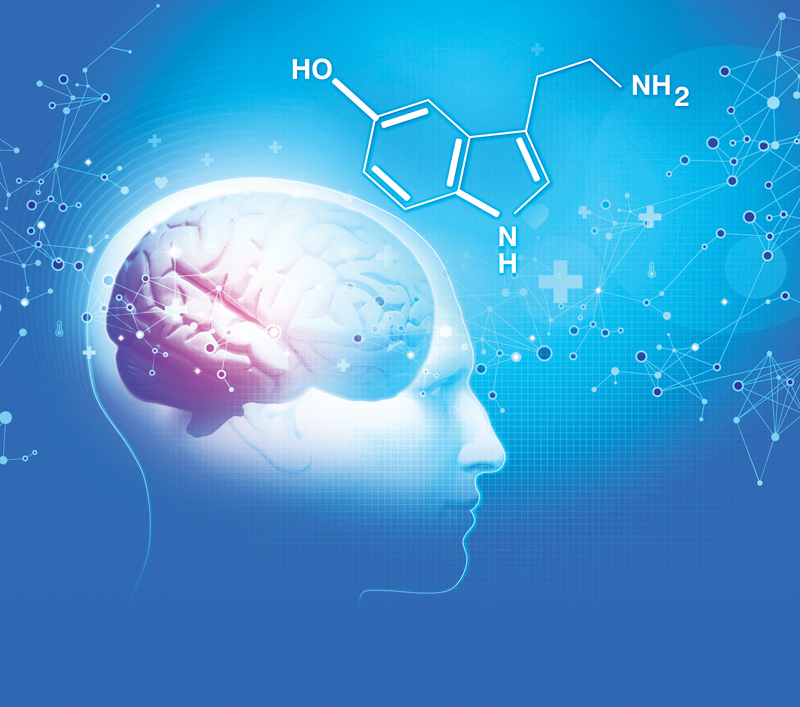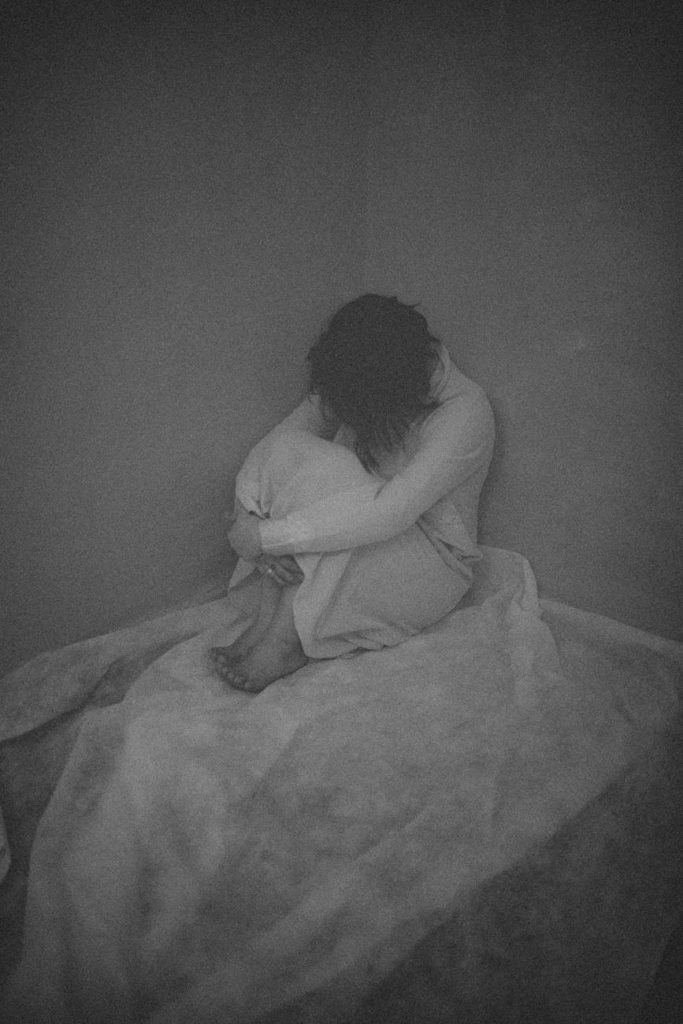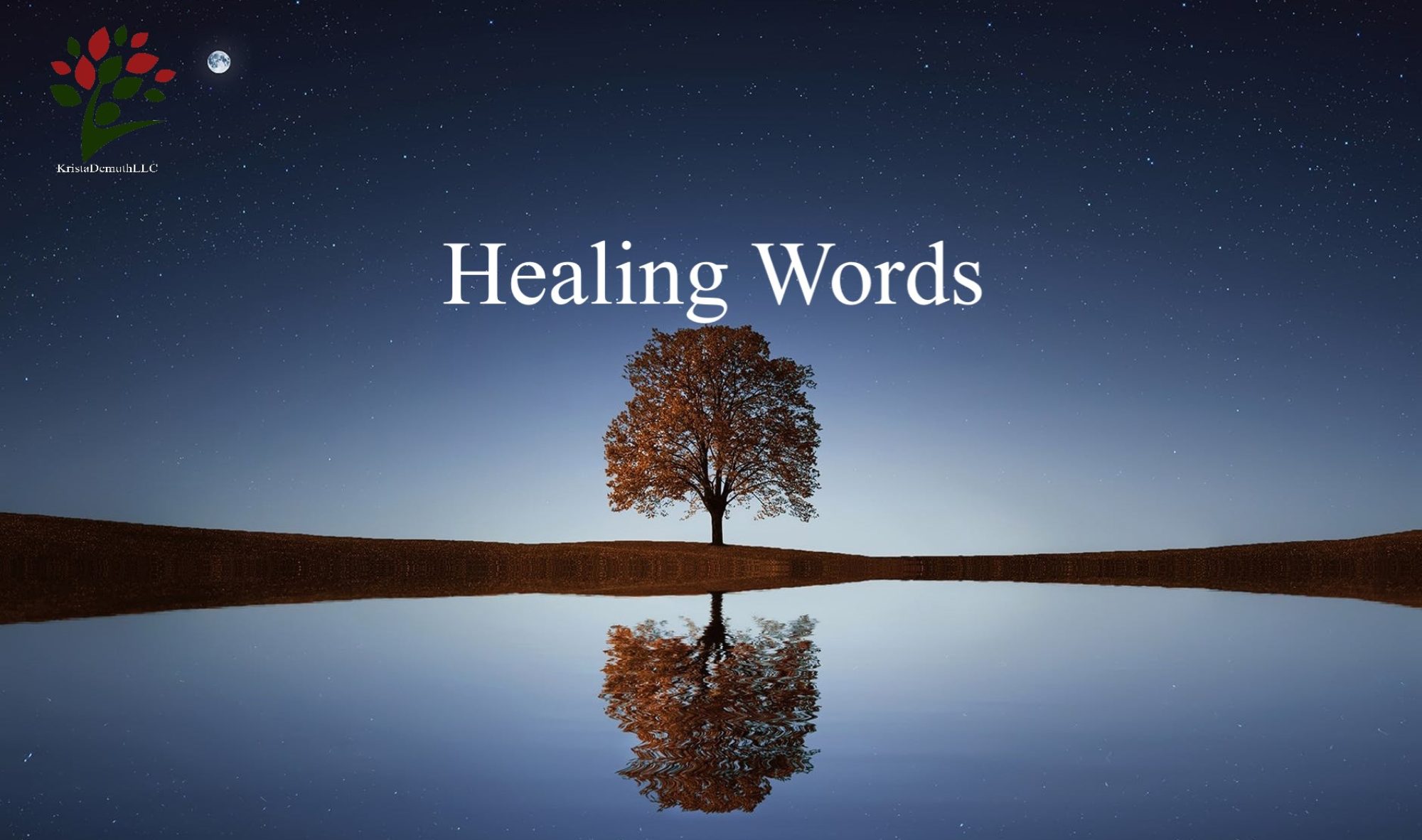
Seasonal Affective Disorder (also know as SAD) is in full swing in our neck of the woods. It tends to begin at the end of fall, worsens as winter progresses, and gets better in the spring. While some individuals may have a mild form of SAD, what you may call the “winter blues,” SAD is a form of depression. It affects women more frequently than men. About 75% of individuals affected by SAD are women. Also, those living further away from the equator are more likely to struggle with seasonal affective disorder.

We are not sure what triggers SAD, although there are many theories. Shortened days, a reduction in sunlight, and colder days, our cycadean rhythms are affected. Cycadean rhythms regulate hormones, sleep, and mood. When these rhythms are disrupted, we can see dramatic shifts in the ability to regulate mood. The lack of sunlight greatly reduces vitamin d levels for individuals. Vitamin d plays an important role in the ability of the brain to create serotonin. Serotonin is the brain’s “happy hormone.” If we do not get enough vitamin d from natural sunlight, we have lower levels of serotonin which can contribute to feelings of depression. While the research is still ongoing onto the exact causes of SAD, we do know that during the short, cold winter days, individuals are more likely to struggle with SAD compared to warm, sunny months.
So, what exactly are the symptoms of SAD. As always, they can range based on an individual. However, SAD is a form of depression. This means there are some common symptoms that include:
- Sadness
- Anxiety
- Weight changes
- Fatigue and lack of energy
- Feelings of hopelessness or worthlessness
- Difficulty concentrating
- Irritability
- Lack of interest in things that used to be enjoyable
- Social withdrawal and isolation
- Changes in sleep, often sleeping more than normal
- Thoughts of self-harm or suicide

While SAD is no laughing matter, the good news is, it can be treated and treated effectively. There are various ways to treat SAD. Some of these include light therapy, vitamin d therapy, antidepressants, and traditional mental health counseling. Each of these treatments can be very effective in combating SAD. , Winter won’t last forever, and SAD will alleviate with the sunnier days. Until that time, there is no reason to suffer in silence. If you are struggling with SAD, please reach out for help. Talk to your doctor. Talk to family members or friends. Reach out to a counselor.
To Health, Hope, and Healing
Krista
